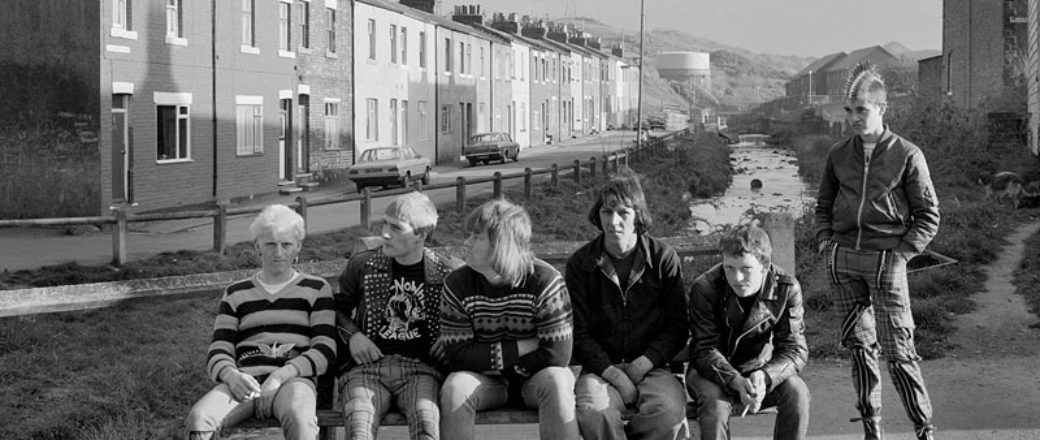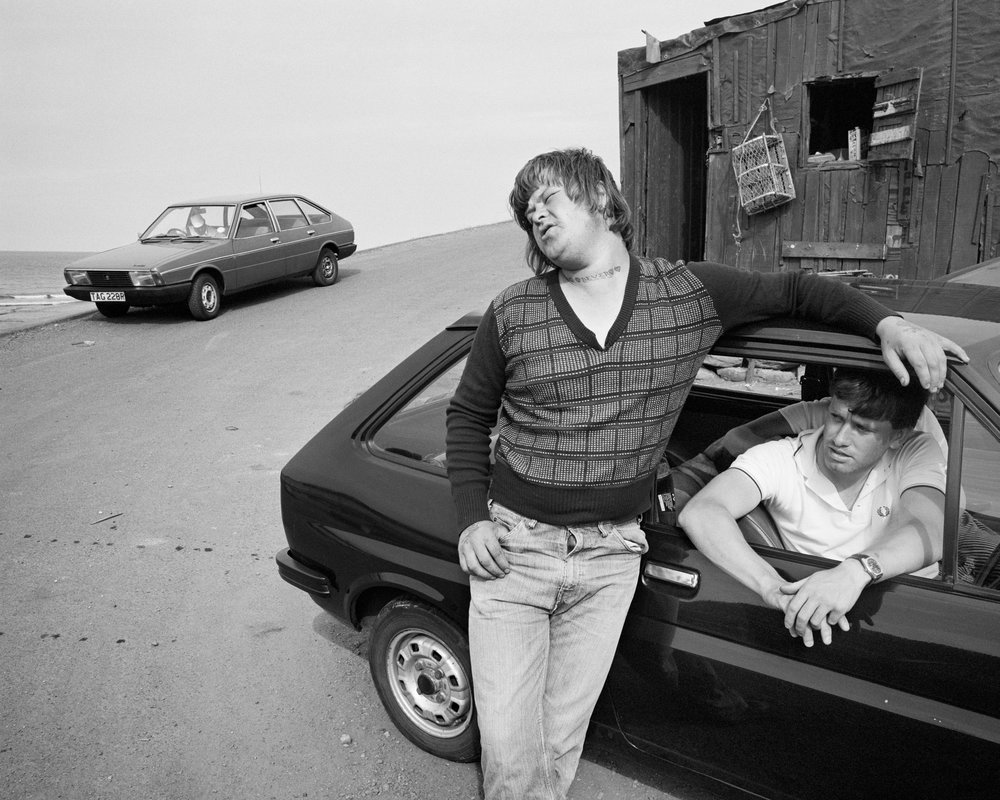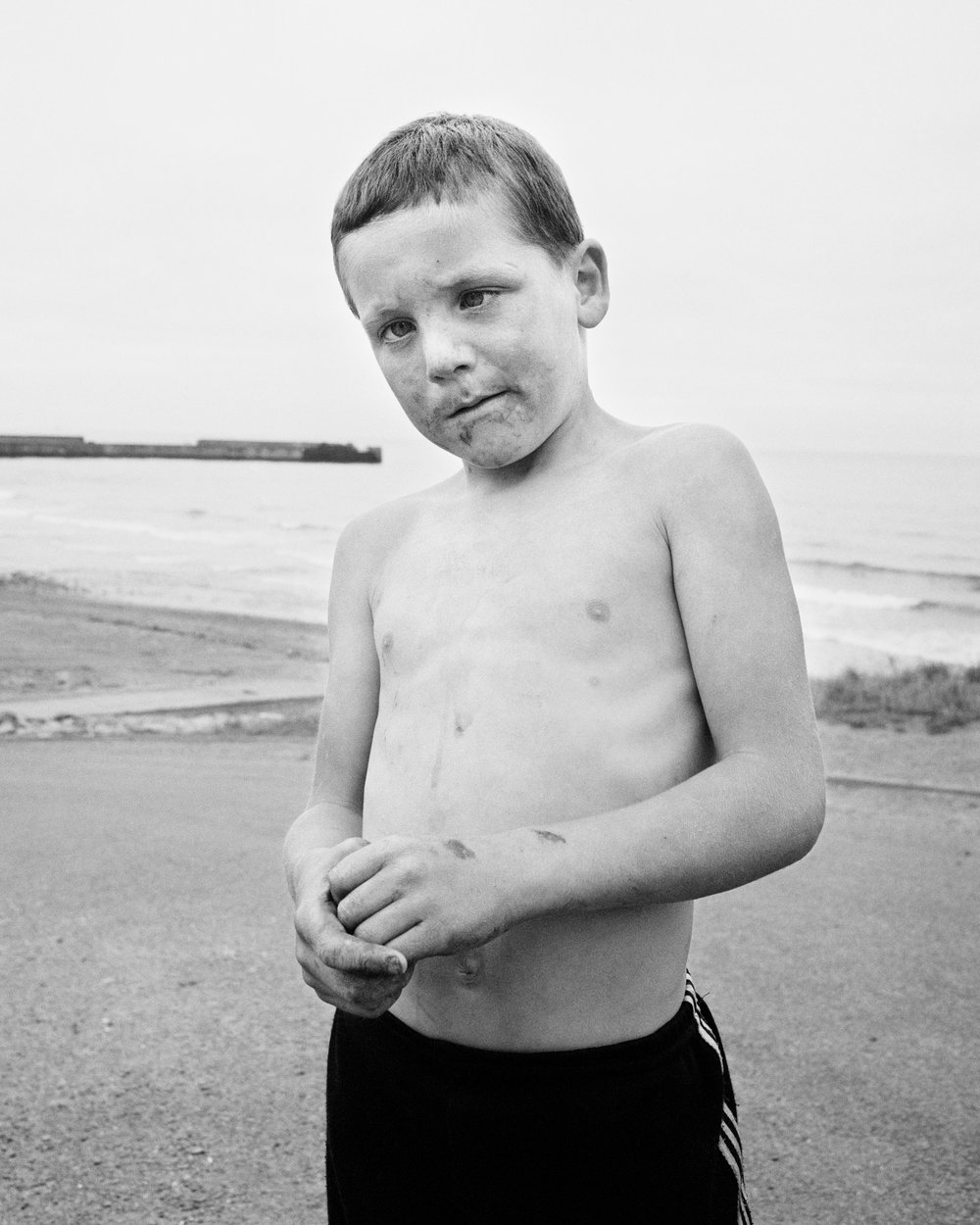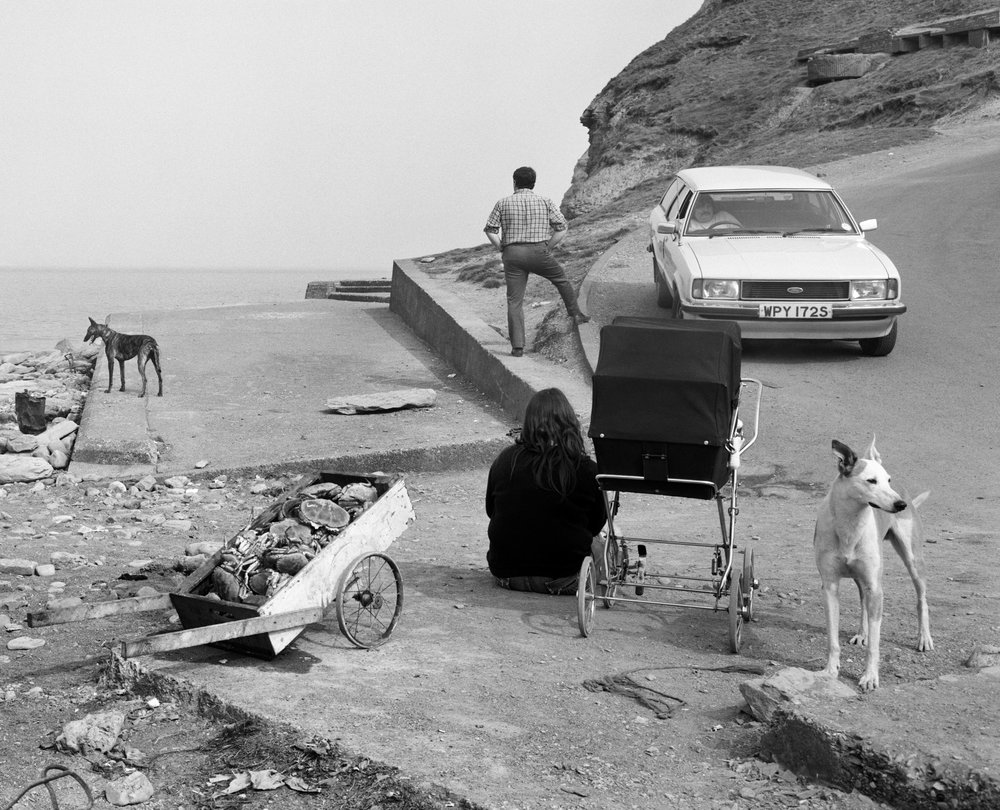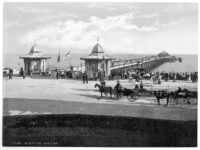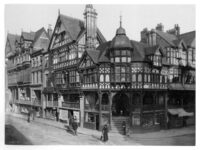The village of Skinningrove lies on the North-East coast of England, halfway between Middlesbrough and Whitby. Hidden in a steep valley it veers away from the main road and faces out onto the North Sea. Like a lot of tight-knit fishing communities it could be hostile to strangers, especially one with a camera.
“Now Then” is the standard greeting in Skinningrove; a challenging substitute for the more usual, “Hello”. The place had a definite ‘edge’ and it took time for this stranger to be tolerated. My greatest ally in gaining acceptance was ‘Leso’ (Leslie Holliday), the most outgoing of the younger fishermen. Leso and I never talked about what I was doing there. but when someone questioned my presence, he would intercede and vouch for me with, ‘He’s OK’. This simple endorsement was enough.
I last photographed in Skinningrove in 1984, and didn’t return for twenty-six years. I was then shocked by how it had changed, as only one boat was still fishing. For me Skinningrove’s sense of purpose was bound up in its collective obsession with the sea. Skinningrove fishermen believed that the sea in front of them was their private territory, theirs alone. Without the competitive energy that came from fishing, the place seemed like a pale reflection of its former self. Common Market and Health and Safety rules and regulations, coupled with increasing insurance costs, brought an end to the Skinningrove I’d known.
When you’re photographing you’re caught up in the moment, trying to deal as best you can with what’s in front of you. At that moment you’re not thinking that a photograph is also, and inevitably, a record of a death foretold. A photograph’s relationship to memory is complex. Can memory ever be made real or is a photograph sometimes the closest we can come to making our memories seem real.
Chris Killip
Skinningrove 1982 – 84
April 19 – May 21, 2019
Howard Yezerski Gallery
460 Harrison Ave Parking, Harrison Ave, Boston, MA 02118, United States
howardyezerski.com

Blackie and Mato Smith at sea, Gelatin silver print, 20 x 24 inches, 1982 © Chris Killip: Skinningrove 1982 – 84
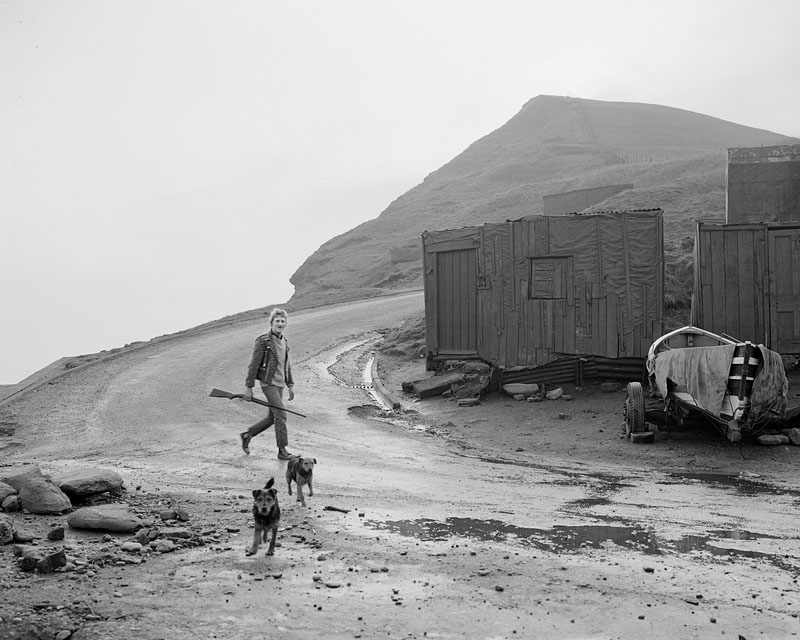
Leso with a gun and his dogs, Gelatin silver print, 20 x 24 inches, 1984 © Chris Killip: Skinningrove 1982 – 84
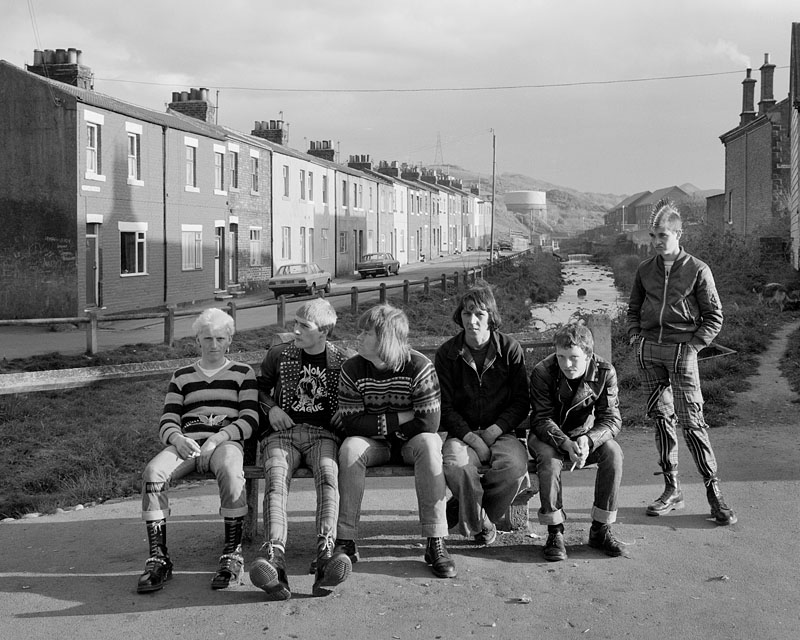
Leso, Blackie, Bever, Richard, Toothie and Whippet, Gelatin silver print, 20 x 24 inches, 1982 © Chris Killip: Skinningrove 1982 – 84
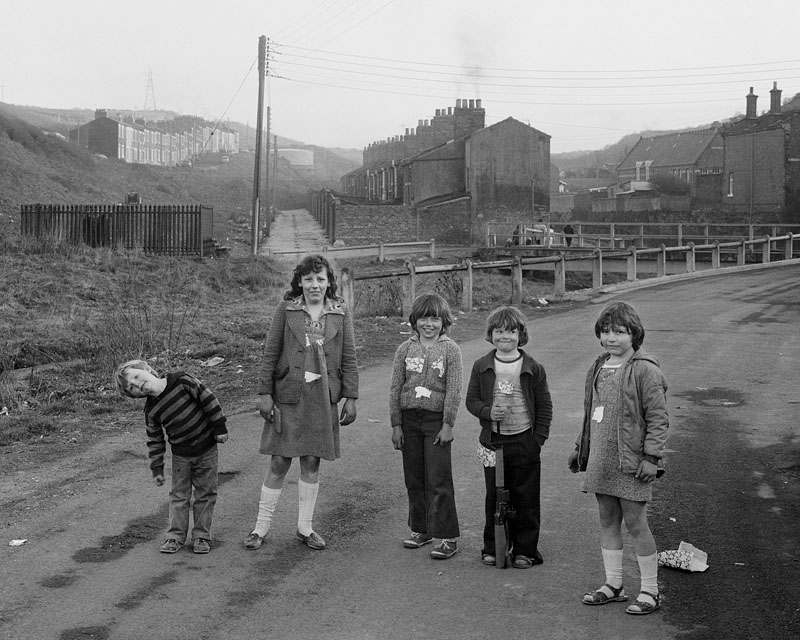
Robert Scott, Diane Money, Diane Money, Debbie Tyler, Stacy Noble, Tracy Money, Gelatin silver print, 20 x 24 inches, 1983 © Chris Killip: Skinningrove 1982 – 84
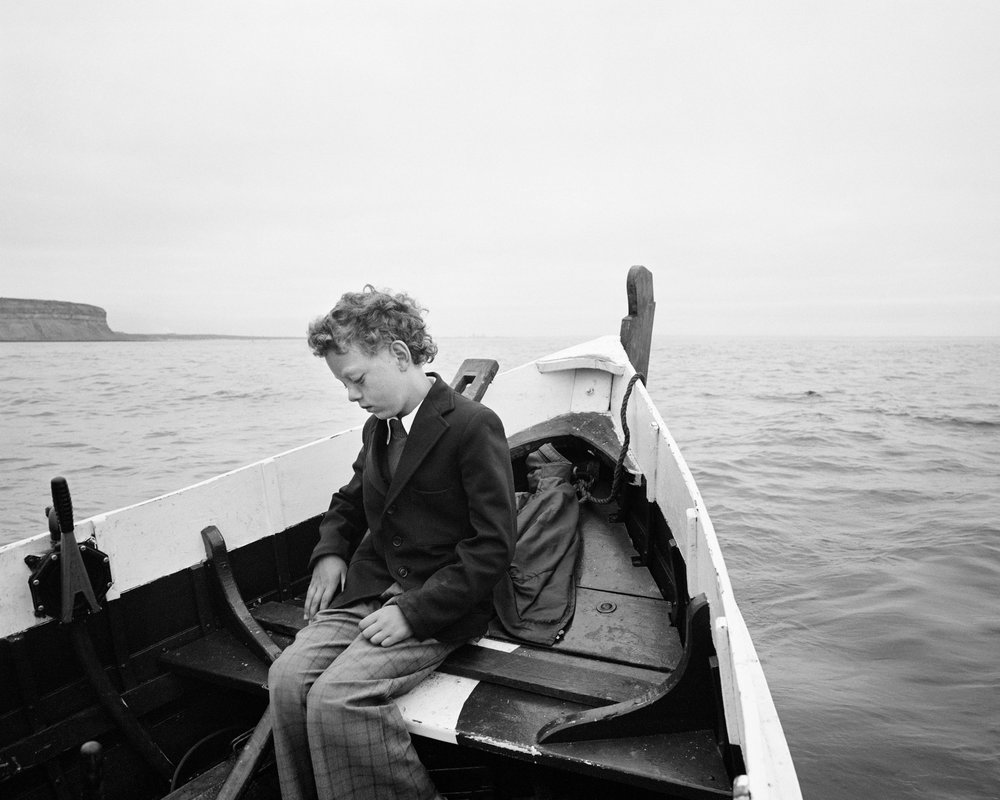
Simon Coultas being taken to sea for the first time since his father drowned, Gelatin silver print, 20 x 24 inches, 1984 © Chris Killip: Skinningrove 1982 – 84
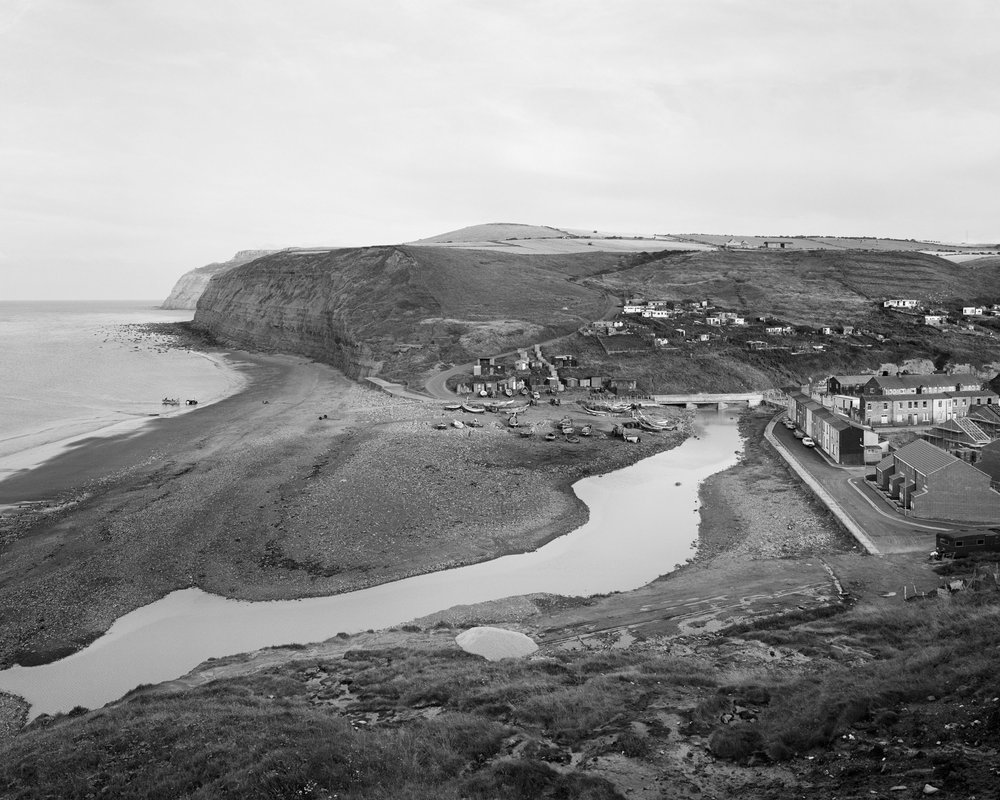
View of Skinningrove, Gelatin silver print, 20 x 24 inches, 1983 © Chris Killip: Skinningrove 1982 – 84

